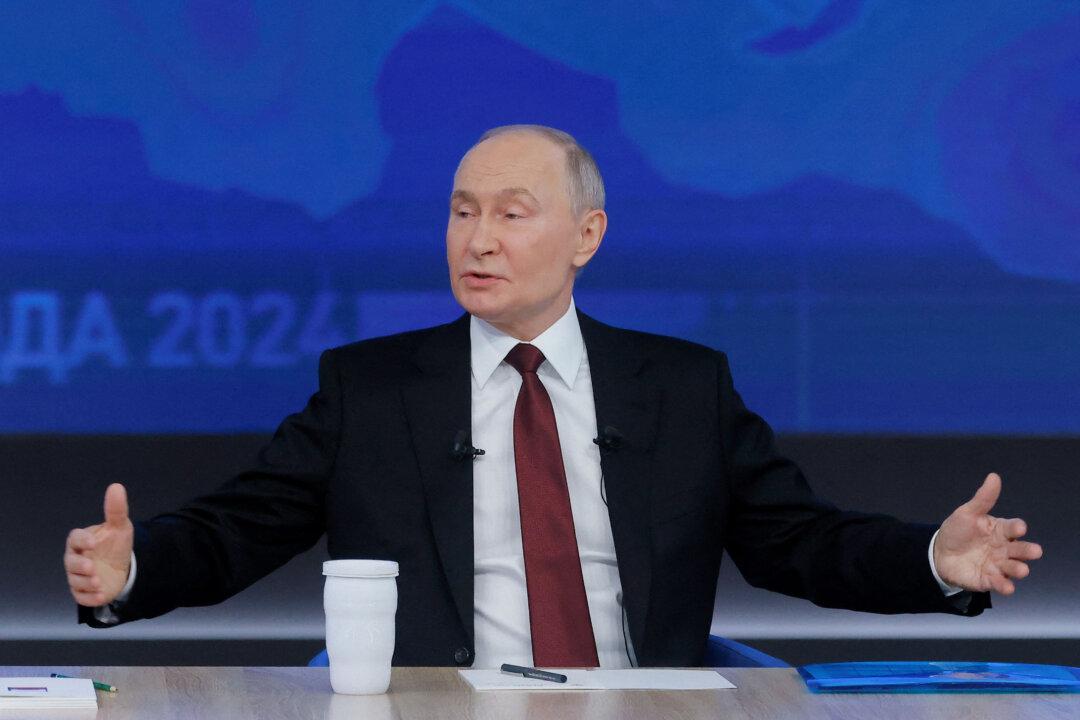Russian President Vladimir Putin said he was ready for “compromises” over Ukraine in possible talks with President-elect Donald Trump but said Russian forces were in a strong position.
Speaking in Moscow during his annual end-of-year press conference, Putin said the military was “advancing” toward achieving its goals in Ukraine.





